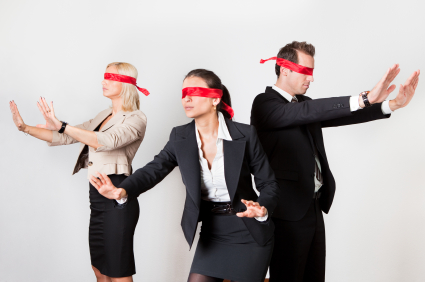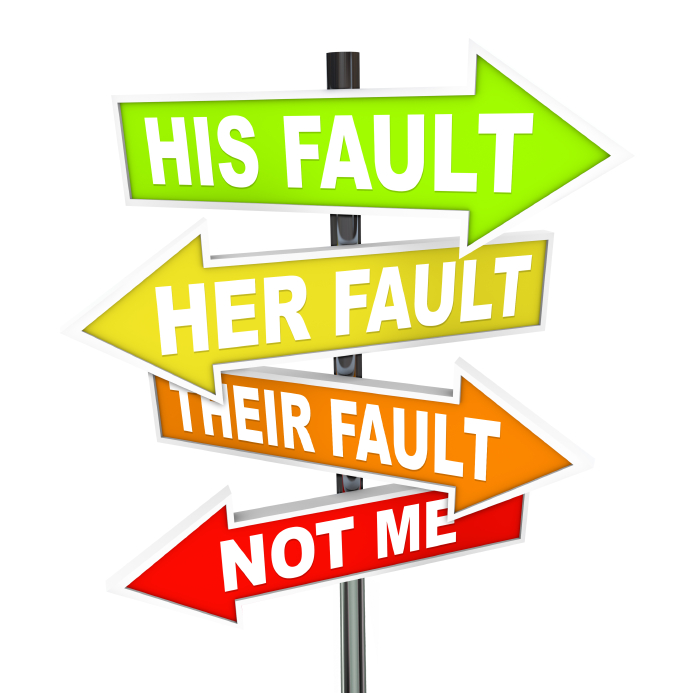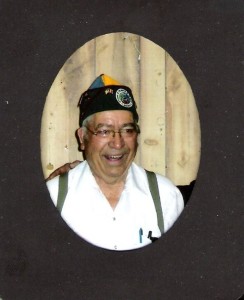Last week I read a blog post from Gary Vaynerchuk that included this quote,

“Social media is the first true listening platform, not speaking platform.”
This week I applied that reminder to all of my life – This is what I experienced:
Last week I read a blog post from Gary Vaynerchuk that included this quote,

“Social media is the first true listening platform, not speaking platform.”
This week I applied that reminder to all of my life – This is what I experienced:
As my husband and I prepared for our international move we went to the bank and ordered the currency he would need when he arrived there. The banker was a young man who had grown up as an expat child in this foreign land. The currency arrived without incident and my husband had nothing to worry about.

Two and a half months later, as I prepared to leave the U.S. to join my husband. I went to a bank in a different city to order the same currency. When the teller asked if I wanted small or large bills, I quickly said small. (Using my U.S. filters and thinking about how hard it can be to use big bills in the U.S. or in Europe.)
The day I went in to pick up the currency. Every teller knew immediately who I was. (I thought that was odd.) A few minutes later a teller emerged with four large wrapped packages.
 As she opened them she revealed 4 “bricks” of bills. I was in shock!
As she opened them she revealed 4 “bricks” of bills. I was in shock!
This post was originally featured on SmartBlog for Leadership after 20 years of experiences and a very thought-provoking blog written by Jesse Lyn Stoner….

Have you ever been frustrated by name-calling, finger-pointing and the blame game? Or watched how harsh judgments can divide people, divide organizations and result in inefficiency and ineffectiveness?
For 20 years, I’ve observed the impact that judgment has on relationships, families, organizations, neighbors, communities and nations.
When I was a youth director, I noticed that when teens with a strong vision for their own lives said “no” to what was popular to stay focused on personal goals, their peers frequently perceived that they were being judged — even when they weren’t. They in turn judged the teens with vision.
That perception of judgment frequently caused the teens without vision to band together and alienate or bully the teen with clear vision, leaving scars and closing opportunities for both groups to learn from each other.
I watched this same behavior take place in neighborhoods, workplaces, politics, churches and different parts of the world. Sometimes those judgments were real and sometimes they were imagined. Sometimes individuals suffered alone. Often, however, those judgments affected the way people worked together, problems were solved, opportunities were maximized and organizations and economies grew or shrunk.
Collaboration means respecting the people who see things differently, rather than assuming a superior attitude and dismissing them as evil, crazy or out of touch with reality. — Jesse Lyn Stoner
 My Grandfather was a WWII Battle of the Bulge Veteran and although his nature was to accept whatever life handed him and to move on, the memories of the brokenness and devastation that the war created left a shadow of questions that haunted him.
My Grandfather was a WWII Battle of the Bulge Veteran and although his nature was to accept whatever life handed him and to move on, the memories of the brokenness and devastation that the war created left a shadow of questions that haunted him.

For years he did his best to cope, while raising a large family and tending to a farm. When his youngest grandchildren started asking about the war he found some healing by sharing stories with family and fellow veterans, but the questions themselves remained.
In 2004, 60 years after the battle he accompanied a number of veterans back to those battlefields. Considering the devastation of the homes, the cities and the lives that were directly impacted by the battles, grandpa was not sure what kind of a welcome they would receive. Much to his surprise, everywhere they went they were treated as heroes!